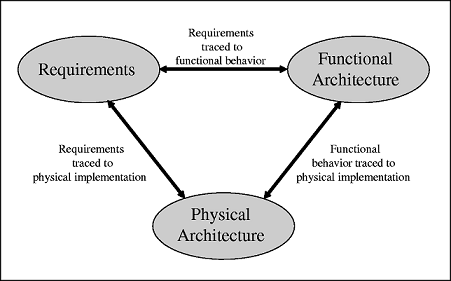Model Based Systems Engineering Course - Prof.Dr. Buyurman Baykal
Prof.Dr. Buyurman Baykal

Professor of Electrical and Electronic Engineering
Department of Electrical and Electronic Engineering
Middle East Technical University
Ankara, 06800 Turkey
Office: D-121 Tel:+90-312-210-4582
Email: buyurman@metu.edu.tr
Main menu:

The course is intended to familiarize the student with the process that will be used from the very first “concept” of a complex product to final testing, life cycle issues and phase out of the product.
After successfully finishing the course, the students will be able to
- Apply systems engineering processes to complex systems production
- Have a holistic approach to complex systems production
- Identify tradeoffs and performance indicators
- Use model based systems engineering tools and SysML language
This course is offered in METU Informatics Institute in three forms:
- "SM 547 Model Based Systems Engineering" is a graduate course in the Software Management Program which is open to all students enrolled in evening MSc programs.
- "IS 722 Systems Engineering" is a graduate course which is open to all students enrolled in regular MSc/Phd programs.
- "ION 720 Systems Engineering" is a graduate course in the Informatics Online Program which is open to all students enrolled in evening MSc programs. ION 720 is held in online format through a series of webinars. (NO MORE OFFERED)